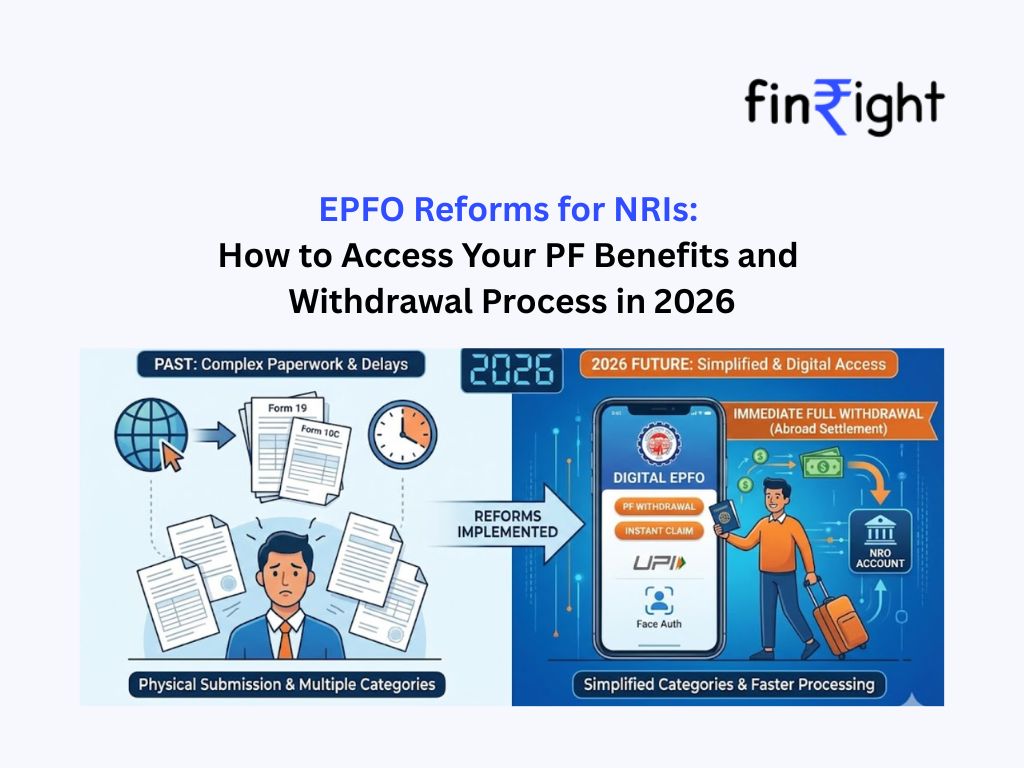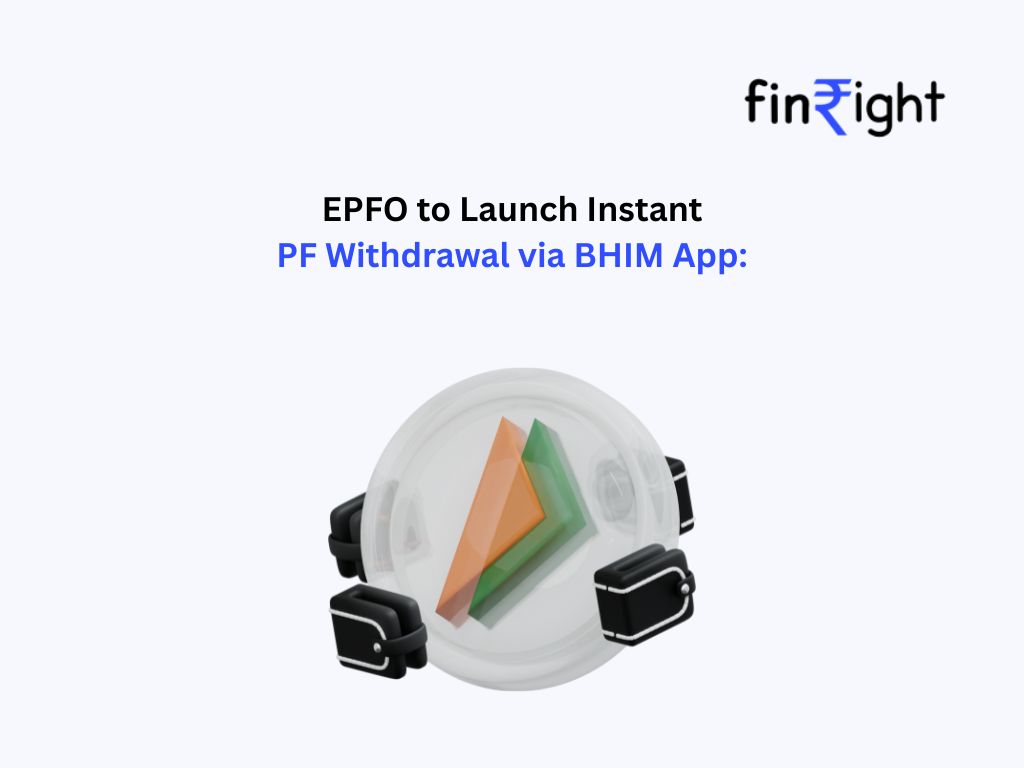If you’ve ever changed jobs in India, you might have wondered what happens to your Provident Fund (PF) balance from your previous employer. Do you need to open a new PF account? Can you combine your old PF balance with the new one?
The answer lies in Form 13—a simple but crucial form that ensures your PF savings move with you throughout your career.
What is Form 13?
Form 13 is the official document prescribed by the Employees’ Provident Fund Organisation (EPFO) for transferring your PF balance from your previous employer’s account to your current employer’s account.
It is essentially a PF transfer request form.
Why is Form 13 Needed?
Here’s why Form 13 plays such an important role in your PF journey:
- Keeps Your PF Savings in One Place
Without Form 13, each job change could mean a new PF account. Over time, your savings would be scattered across multiple accounts, making them harder to track and manage. - Ensures Continuous Service History
A proper PF transfer using Form 13 links your previous service with your current job. This is critical for benefits like EPS (pension eligibility), which require a minimum service period. - Avoids Inactive Accounts
Untransferred PF accounts eventually become inactive and may require lengthy claim processes to withdraw later. - Simplifies Future Withdrawals & Settlements
When you finally decide to withdraw your PF, having a consolidated account means one single claim instead of multiple applications.
When Do You Use Form 13?
You need Form 13 when:
- You join a new job and want to transfer your old PF balance.
- You have multiple PF accounts and want to consolidate them into one.
- You want your past service to count towards your pension benefits.
Online vs. Offline Submission
- Online – Today, most transfers are initiated through the UAN Member Portal. Your UAN (Universal Account Number) links all PF accounts, and Form 13 is generated digitally.
- Offline – In some cases, especially for older accounts or data mismatches, you may still need to fill and submit a physical Form 13 to your new employer or directly to the EPFO office.
Key Information in Form 13
The form typically requires:
- Your UAN and personal details
- Previous employer’s PF account number
- Current employer’s PF account number
- Joining and exit dates for previous employment
The Bottom Line
Think of Form 13 as your PF passport—it helps your retirement savings travel with you from job to job without losing track of them.
If you’ve changed jobs and haven’t transferred your PF yet, filing Form 13 is one of the most important financial housekeeping steps you can take.
Read our blog How to transfer all your PF in one.
Look at the official Notice of Form 13
If you are looking for assistance for your Provident Fund you can visit us at Finright






Mujhe aapki jarurat hai
Sir aap Finright.in me connect kre